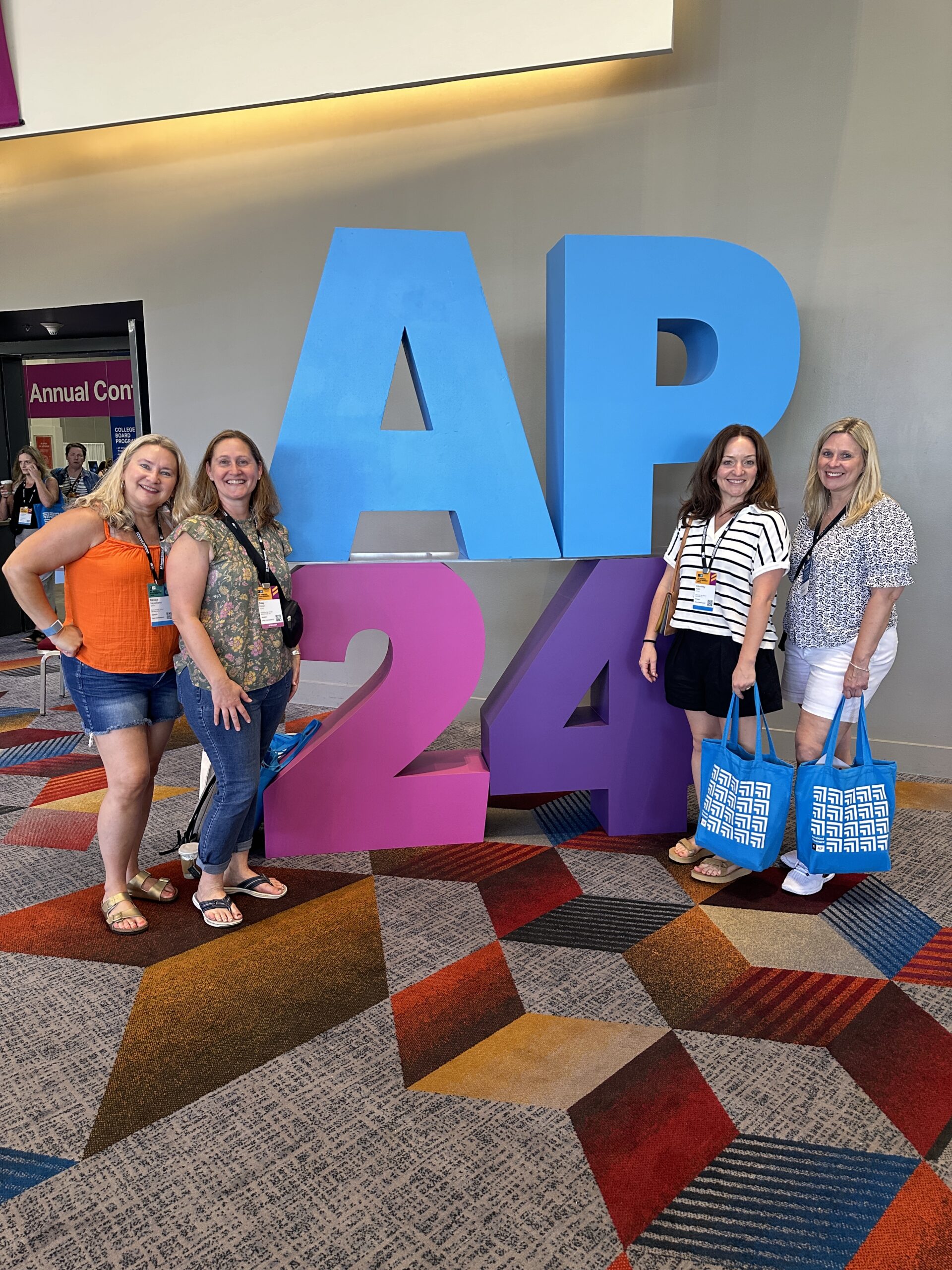Teachers are the heart of an excellent education and the Foundation is a major source of funding for professional development for Bronxville’s educators. Teachers learn new curricula and cutting-edge teaching techniques that engage students and provide them with opportunities to develop real-world problem solving, technology and communications skills. Foundation resources are particularly important in this area. Nearly every teacher across all three schools has participated in training programs and conferences supported by Foundation grants. In many cases, professional development opportunities spark the development of innovative curriculum and programming at our school. Some of the largest professional development initiatives have included:

Project-Based Learning
A teaching method used in all grades and across multiple disciplines in which students work for an extended period of time to investigate and respond to authentic, engaging and complex questions and problems.
Socratic Seminars
Students help one another understand the ideas, issues, and values reflected in a text through a group discussion format. Students are responsible for facilitating their group discussion and learn how to listen carefully, distill multiple dimensions of a text, and actively participate in a conversation
Columbia Teachers College Reading and Writing Program
Middle School teachers recognized the need for a common rubric for helping students write persuasively and effectively across a variety of genres. They engaged in extensive training with Columbia Teachers College experts and have revamped the entire Middle School writing curriculum. The project has now been introduced into the Elementary School, as well.
Teaching with Technology
Foundation grants in 2016 and 2017 helped teachers learn how to get the most out of in-classroom technology and help students further their learning, collaboration, innovation and communication with technology tools.
Harvard University Design Thinking
Members of Bronxville’s new K-12 iSTEAM committee attended a workshop to build skills and learn the tools and processes involved in Design Thinking.This is an iterative process which seeks to understand the user, challenge assumptions, and redefine problems in an attempt to identify alternative strategies and solutions that might not be instantly apparent initally. Teachers plan to use the skills to further develop Bronxville’s STEAM offerings and to train other teachers and students in its powerful methods.
Let's Talk
Through a grant funded by the Foundation in 2018, fifteen of our educators attended an on-site training session, Talking About Race in the Classroom, from the Center for Racial Justice in Education (formerly called Border Crossers). In July of 2019, Justin Chao attended Let's Talk, a weeklong course on teaching race in the classroom. The conference investigates race and racism in society and how it impacts educators' dialogue with their students through this difficult topic.
Cognitive Behavior Therapy Workshop
The initial dialectical behavior training at this workshop led to the development of the C.A.R.E. (Community, Awareness, Relationships, Empathy) program. School psychologists presented their work to develop the C.A.R.E. program at the New York Association of School Psychologists’ annual conference in 2020.
EnRusk (formerly NoTosh) Design Thinking
A design team of teachers, administrators, parents and students received training in EnRusk (formerly NoTosh) Design Thinking. They generated data about the state of the high school and then immersed themselves into the EnRusk Design Thinking process to develop ideas to more fully realize the Bronxville Promise. They created prototypes with innovative approaches to learning and shared them with the school community for feedback, but they were forced to pause the work due to COVID-19. The four groups reconvened with EnRusk in late January 2021. The pandemic accelerated innovation at the high school and provided a unique opportunity to move forward with the prototypes. Prototype ideas to foster greater connectivity and community became even more salient during the pandemic and therefore the impetus to innovate around these areas became even greater than before.
EnRusk Debrief of Lessons Learned from Teaching through a Pandemic
The Foundation funded "debrief" sessions in the Elementary School, Middle School, and High School to determine what lessons have been learned during Covid-19 and what we can take forward into the future. EnRusk will take the data gained from the debrief sessions and analyze it for themes and insights.
Math Curriculum Updates & Training with Greg Tang
Multiple Foundation grants enabled Elementary School teachers to train and make math curriculum updates with Greg Tang, focusing on key skills and strategies and exploring how to teach the most critical skills in both live and virtual environments. Greg Tang has created a website that enables teachers to identify specific concepts within the Singapore Math curriculum that are challenging for the class, groups, or individual students and then allows the teachers to create learning plans to address those specific areas. His teaching targets progression and allows for differentiation in teaching plans within a class.
Orton Gillingham Reading Training
The kindergarten, first, and second grade teams and Special Education teachers completed comprehensive training offered by the Institute for Multi-Sensory Education (IMSE) and gained a thorough understanding of IMSE's approach and the science of reading. Participants learned how to incorporate fluency, vocabulary, and comprehension into their daily lessons using multi-sensory, sequential, direct instruction. A systematic and sequential phonics/reading program is a key component in the development of all students’ reading abilities. This training helps teachers to reach students that need more instruction and provide small group support to master the skills needed to become a successful reader.
Teen Mental Health Training
With mental health struggles in teens rising, the Foundation has awarded grants to provide Mental Health First Aid training to faculty in both the Middle School and High School. Through these grants, staff members will become more knowledgeable about identifying students who are in crisis (or close to being in crisis) and direct them to the correct support staff members. These grants will also help faculty to give students the tools to understand mental health and substance use disorders, destigmatize these disorders, and support their peers and seek adult, professional help for themselves or their peers when necessary.

